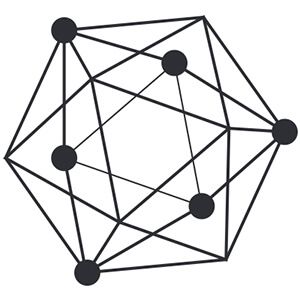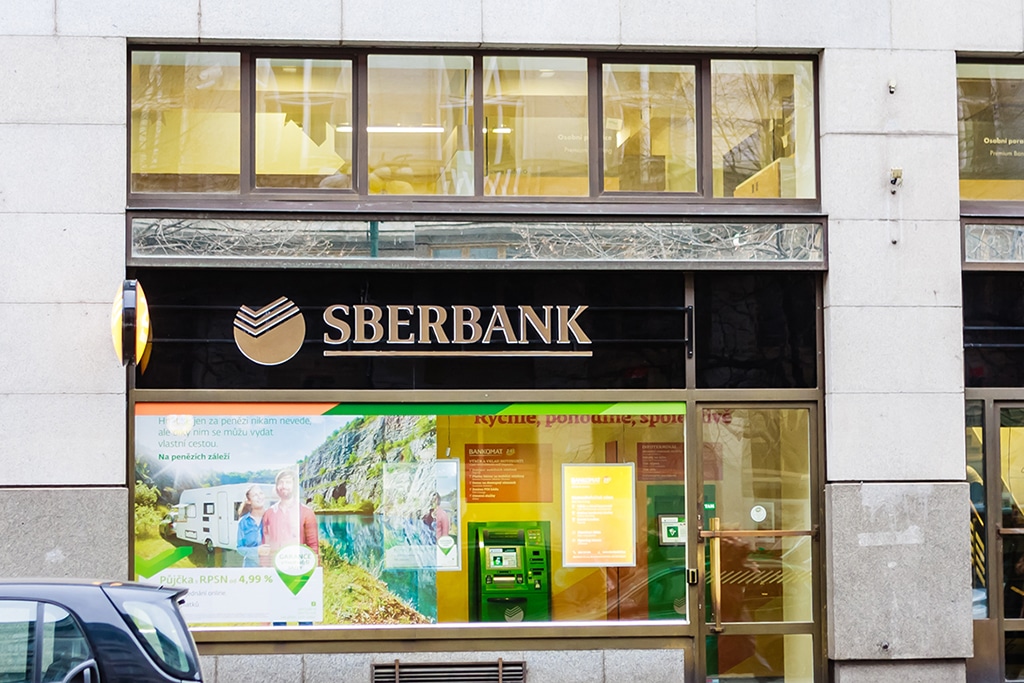
More than 100 Speakers will Take the Stage in Packed Three-Day Dublin Event

Open source collaborative effort created to advance cross-industry blockchain technologies.
Hyperledger is an open source collaborative effort created to advance cross-industry blockchain technologies. It is a global collaboration, hosted by The Linux Foundation, including leaders in finance, banking, IoT, supply chain, manufacturing and technology.
The objective of the project is to advance cross-industry collaboration by developing blockchains and distributed ledgers, with a particular focus on improving the performance and reliability of these systems (as compared to comparable cryptocurrency designs) so that they are capable of supporting global business transactions by major technological, financial and supply chain companies. The project will integrate independent open protocols and standards by means of a framework for use-specific modules, including blockchains with their own consensus and storage routines, as well as services for identity, access control and smart contracts. Early on there was some confusion that Hyperledger would develop its own bitcoin-type cryptocurrency, but Behlendorf has unreservedly stated that the Hyperledger Project itself will never build its own cryptocurrency.
In early 2016, the project began accepting proposals for incubation of codebases and other technologies as core elements. One of the first proposals was for a codebase combining previous work by Digital Asset, Blockstream’s libconsensus and IBM’s OpenBlockchain. This was later named Fabric. In May, Intel’s distributed ledger, named Sawtooth, was incubated.
On 12 July 2017 the project announced its production-ready Hyperledger Fabric 1.0 and it started to gain popularity in the Initial coin offering market. In July 2017, London Stock Exchange Group in a partnership with IBM announced that it will create a blockchain platform designed for digitally issuing shares of Italian companies with Hyperledger Fabric as the basis of the platform. In August 2017, Oracle joined the Hyperledger consortium and announced its Blockchain Cloud Service offering. In September 2017 the Royal Bank of Canada (RBC) started using Hyperledger for its US – Canada interbank settlements.

More than 100 Speakers will Take the Stage in Packed Three-Day Dublin Event

Leverages virtual format to reach expanded global audience.

The state-owned Sberbank’s stablecoin will be functional on its native blockchain built using the Hyperledger Fabric infrastructure. This blockchain will facilitate trade finance transactions involving the exchanging letters of credit.